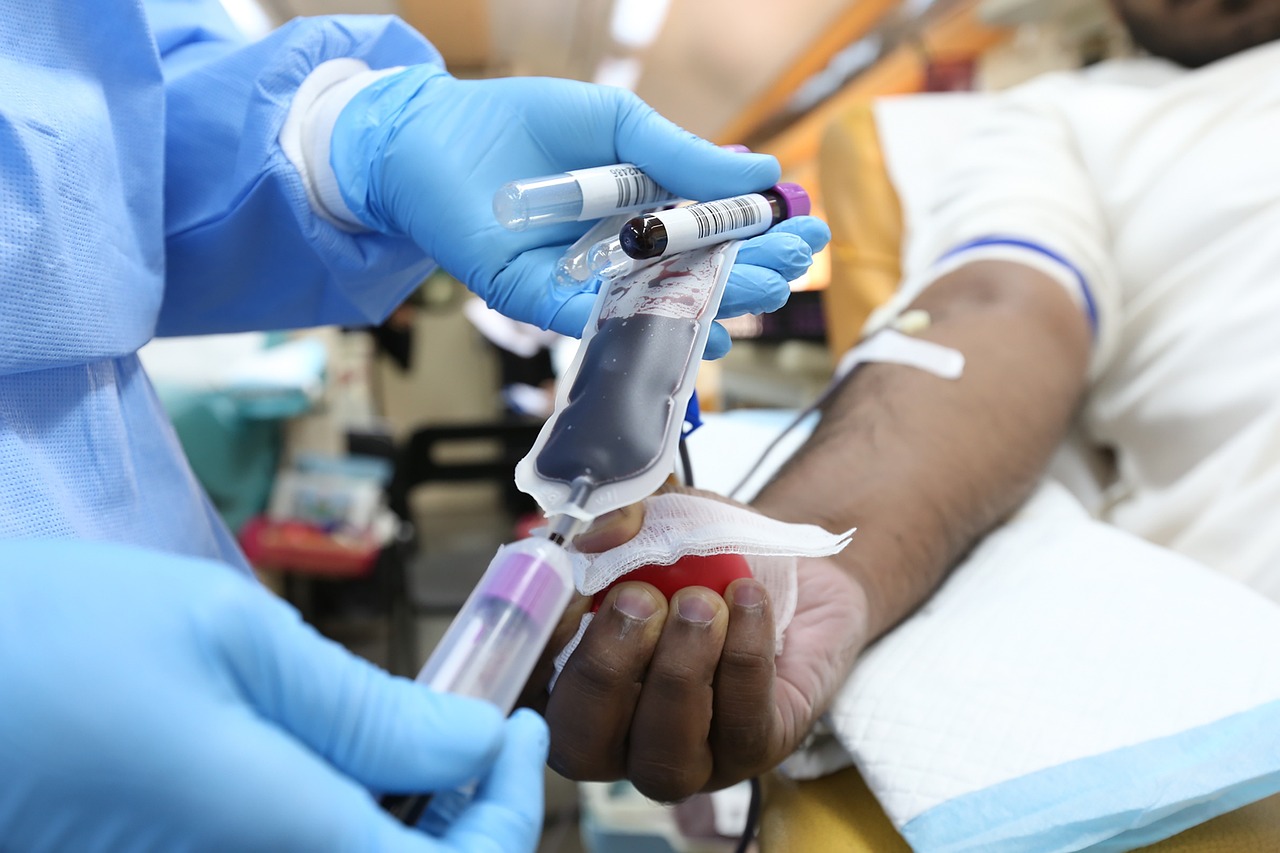News release
From:
Enzyme mix that can convert blood groups identified
Enzymes found in the gut resident bacteria, Akkermansia muciniphila, that are shown to convert both known and previously not recognized antigens on human red blood cells to make group O blood are described in a paper published in Nature Microbiology. These findings may provide a clinically relevant solution to increase the availability of universally compatible blood.
Red blood cells carry sugar chains, known as glycans, on their surface. These glycans vary between people and their different forms are known as the A, B and O blood groups. Matching blood groups is essential during blood transfusions as the immune system can react to mismatched blood cells and lead to potentially fatal reactions. Group O blood is universally compatible because its sugar structure is shared between all blood groups; however, stocks can be limited. Therefore, strategies to switch A and B group blood to O group blood are needed.
Maher Abou Hachem, Martin L. Olsson and colleagues biochemically screened enzymes produced and used by A. muciniphila to degrade glycans in mucus. They identified a combination of structurally unique enzymes that efficiently converted A and B group red blood cells to group O. These enzymes were also effective against recently discovered extended versions of A and B, and decreased mismatch reactions in tests, particularly for B group conversion.
The authors suggest their findings could be used as a potential tool to treat red blood cells and increase stocks of universally compatible blood to alleviate a clinical problem, but note that more work is needed to improve conversion for group A blood.



 International
International



